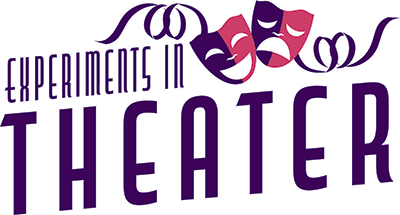Shakespeare
The following noteworthy speech is from “Hamlet.” In it, Hamlet provides acting instruction to a troop of performers who have agreed to present a play that is intended to expose Hamlet’s step-father as a murderer. Despite the intense given circumstances, this speech offers excellent advice to all actors. Through the character of Hamlet, Shakespeare remarks about gestures, intonation, the absurdity of overacting as well as the folly of under-acting. And, if you read closely, he also cautions actors to say their lines as written and not to pursue alterations to the script. Actors should familiarize themselves with this speech — it is a great speech to reflect upon, to work on in acting class and to present in auditions as a classical monologue. Enjoy and please feel free to post any questions or comments.
Shakespeare’s “Hamlet”, Act III Scene ii
Speak the speech, I pray you, as I pronounc’d it to you, trippingly on the tongue. But if you mouth it, as many of your players do, I had as live the town crier spoke my lines. Nor do not saw the air too much with your hand, thus, but use all gently; for in the very torrent, tempest, and (as I may say) whirlwind of your passion, you must acquire and beget a temperance that may give it smoothness. O, it offends me to the soul to hear a robustious periwig-pated fellow tear a passion to tatters, to very rags, to split the ears of the groundlings, who (for the most part) are capable of nothing but inexplicable dumb shows and noise. I would have such a fellow whipp’d for o’erdoing Termagant. It out-herods Herod. Pray you avoid it.
***
Be not too tame neither; but let your own discretion be your tutor. Suit the action to the word, the word to the action; with this special observance, that you o’erstep not the modesty of nature: for anything so overdone is from the purpose of playing, whose end, both at the first and now, was and is, to hold, as ’twere, the mirror up to nature; to show Virtue her own feature, scorn her own image, and the very age and body of the time his form and pressure. Now this overdone, or come tardy off, though it make the unskilful laugh, cannot but make the judicious grieve; the censure of the which one must in your allowance o’erweigh a whole theatre of others. O, there be players that I have seen play, and heard others praise, and that highly (not to speak it profanely), that, neither having the accent of Christians, nor the gait of Christian, pagan, nor no man, have so strutted and bellowed that I have thought some of Nature’s journeymen had made men, and not made them well, they imitated humanity so abominably.
***
O, reform it altogether! And let those that play your clowns speak no more than is set down for them. For there be of them that will themselves laugh, to set on some quantity of barren spectators to laugh too, though in the mean time some necessary question of the play be then to be considered. That’s villanous and shows a most pitiful ambition in the fool that uses it. Go make you ready.
Hamlet’s Advice to the Players Youtube Video (speech begins 0:30)
